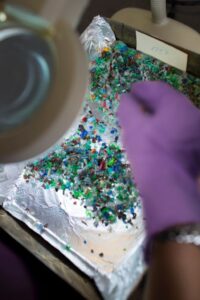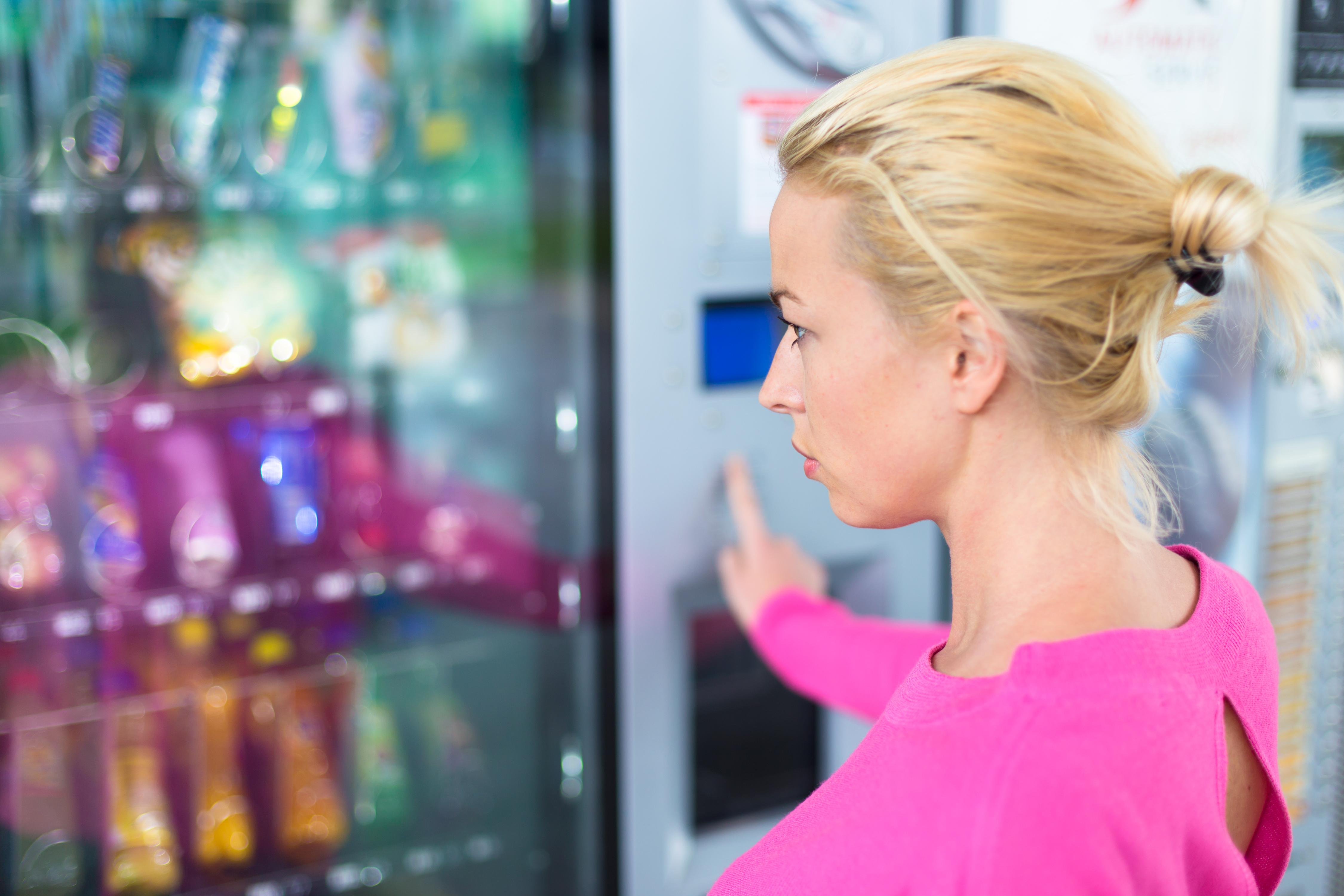 A brand new record titled ‘Examining material evidence – the carbon fingerprint’ highlights the significance of plastic as a subject material in comparison to possible choices when analyzing the carbon emissions.
A brand new record titled ‘Examining material evidence – the carbon fingerprint’ highlights the significance of plastic as a subject material in comparison to possible choices when analyzing the carbon emissions. The record, commissioned through Veolia and printed through Imperial College, analysed over 70 life-cycle exams to judge the environmental affects of packaging possible choices over their life-time, together with affects from mining, production, logistics, utilization and end-of-life leadership overlaying recycling or disposal.
By assessing many various research with other assumptions the overarching message is apparent, that plastic can give you the lowest carbon emissions of to be had fabrics offering it’s recycled correctly, and successfully debunking the rising motion to modify clear of plastic in all eventualities.
Although most effective 2% of British other folks consider that plastic contributes the least greenhouse gases to the surroundings from its manufacturing, use and recycling, within the majority of circumstances the primary possible choices for packaging together with cardboard, glass, metal and aluminium emit extra greenhouse gases than plastic.
Case in level, if all plastic bottles used globally have been constituted of glass as an alternative, the extra carbon emissions can be similar to 22 huge coal-fired energy crops generating sufficient electrical energy for a 3rd of the United Kingdom. This isn’t to mention that there don’t seem to be circumstances the place the communicate is right and for instance native provide chains for milk can imply that tumbler milk bottles make sense carbon sensible.
The key to restricting environmental have an effect on and carbon emissions is aid, reuse, optimisation of recycled content material and efficient waste leadership to regard packaging at its finish of existence, and importantly recycling all the time wins over virgin manufacturing on all environmental signs.
For plastics, it’s been proven that recycling saves between 30% and 80% of the carbon emissions that virgin plastic processing and production generate. If all plastic have been recycled this might lead to imply annual financial savings of 30 to 150 million tonnes of CO2, similar to shutting between 8 and 40 coal-fired energy crops globally. With the well-liked utility of renewable power and demand-management methods, expanding the recycling of plastics have the possibility of each curtailing the rising life-cycle GHG emissions from plastics, and in addition fighting them from coming into the marine setting.
Richard Kirkman, leader generation and innovation officer, Veolia UK and Ireland stated: “As an organization this is right here to scale back human have an effect on on society, it’s vital that we indicate the have an effect on of the use of other fabrics in the world. As we glance to construct the golf green restoration and reach a web 0 carbon global, this record is helping to emphasize that plastic has a key position to play as a subject material, however most effective whether it is responsibly minimised, produced, used and recycled.
“With only 9% of plastics being recycled worldwide, there is still a lot to do to improve things. We have done it for paper, metals and glass which are widely recycled, but plastic is a newer material and so we need the right policy drivers in place, backed by consumer and manufacturer awareness, to allow us to build the new recycling infrastructure. This will provide new green jobs and deliver all the advantages that plastic can offer, whilst making significant cuts to global carbon emissions”
Professor Nick Voulvoulis, professor of environmental generation, Imperial College London, added: “Plastics have a big and unacceptable have an effect on at the marine setting and probably affects to human and ecosystem well being that don’t seem to be totally understood, and can’t simply be integrated into life-cycle exams.
“We need to reduce plastics production, while ensuring that any alternatives do not contribute more to climate change. The findings of this study demonstrate that removing, reducing, reusing or recycling the plastic packaging placed on the market is an important part of the way forward and a better option to replacing it with current alternative materials, or waiting and hoping for solutions not yet available.”

